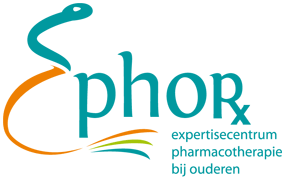The Geriatric Expert Group (GEG) is very pleased to announce that the nomination of Katarina Vučić as the new Chair of the GEG will be adopted in CHMP December meeting, as well as the nomination of Elina Rönnemaa as a new member of the GEG. Katarina Vučić is a Senior Advisor – specialist for Non-Clinical and Clinical Assessment, Department for Assessment of Quality, Safety and Efficacy of the Croatian Agency for Medicinal Products and Medicinal Devices. Elina Rönnemaa is specialist in Geriatrics, Clinical Assessor Efficacy and Safety, of the Medical Products Agency in Uppsala Sweden. Other members of the GEG are Antonio Cherubini from Italy, Adalsteinn Gudmundson from Iceland, Paul Jansen from the Netherlands, Susan Morgan from the UK, Mirko Petrovic from Belgium, Hildrun Sundseth from Ireland, Barbro Westerholm from Sweden and Hans Wildiers from Belgium. The GEG representatives at the EMA are Francesca Cerreta and Maria Silvia Orbe Izquierdo.
